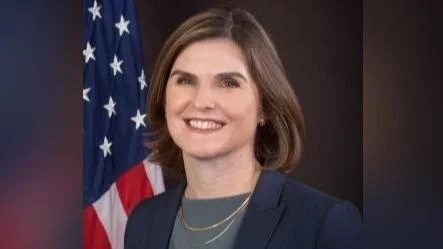Catholic faithful around the world are being reminded by the Vatican that Mass offerings are not commercial transactions. When a priest agrees to celebrate a Mass for a special intention or a loved one, he is obligated to fulfill this promise, according to a decree issued by the Dicastery for Clergy on April 13.
The decree emphasizes the church's long-held practice that each offering from the faithful corresponds to a Mass celebrated separately by the priest. However, in cases where requests exceed the number of available priests, a “collective” Mass may be considered. This is permitted only if donors are informed and agree explicitly, with the priest allowed to keep just one stipend, as these offerings are typically called.
As directed by the decree, the diocesan bishop or provincial superior of a religious order will determine the allocation of remaining offerings. Suggestions include distributing funds to poorer parishes or sending them to missions. This decree updates a 1991 version and is rooted in the Code of Canon Law, approved by Pope Francis and set to be effective on April 20.
The Vatican's instructions reflect two main objectives: ensuring that promises to donors are upheld and preventing any perception of "trading in sacred things."
Pope Francis, during a 2018 general audience, had reminded the faithful that each Mass is celebrated for everyone. He emphasized that offerings are not payment for the service, as "Mass is Christ’s sacrifice, which is free." If individuals choose to make a donation, it is voluntary and should be determined by them, though a customary amount is often suggested.
The decree also encourages church authorities to foster awareness among the faithful regarding support for mission territories and the universal nature of the church. This could include transferring excess Mass intentions and their offerings to mission countries.
 Alerts Sign-up
Alerts Sign-up





